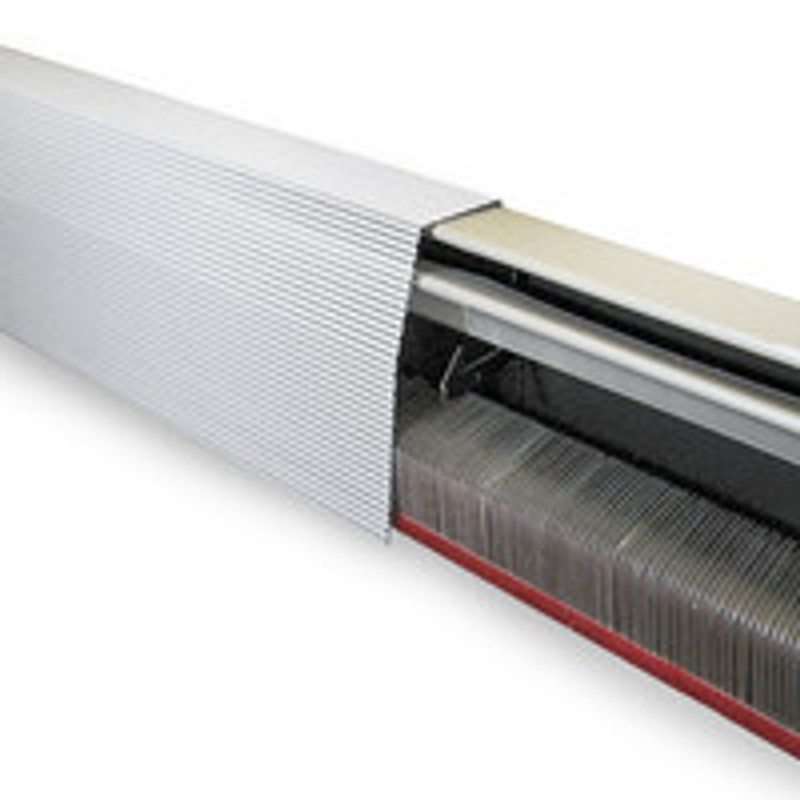Ceramic Baseboards Heaters Vs Hydronic

Baseboard heaters economical nature stops after you leave the cash register.
Ceramic baseboards heaters vs hydronic. Electric systems are simple and affordable. Unfortunately with a regular electric baseboard heater the temperature of the air starts dropping rapidly if the device isn t working. This article will look at the pros and cons of two different but very popular heating systems. These baseboard heaters employ hot water instead of electricity.
Like mentioned in our previous blog the two types of electric baseboard heaters convection and hydronic use the convection method for heating. Electric and hydronic baseboard heaters. Ceramic heaters and baseboard heaters. Our softheat hydronic baseboard takes everything that s great about our standard baseboard and takes it to the next level with features that improve comfort save on energy use and make it a great choice for homes with kids or pets.
The water is pumped from a boiler that keeps the water at a constant temperature. The better electric baseboard heater. This means that cool air flows through the baseboard heater and pumps out as warm air either solely by electric elements heating the air convection baseboard heater or by electric elements heating. One way to curb their appetite for electricity is to purchase a hydronic heater rather than a convection heater.
The special fluid acts as a heat reservoir and ensures that the heater generates the needed warmth as required. If you are thinking about getting a hot water baseboard heater you should consider its pros and cons. This is easily seen the moment the thermostat shuts off the heater. Electric baseboard heaters use infrared radiation to warm objects in the room.
There are two types of baseboard heaters as you may know. And the issue about this type of heater catching fire is a battle between these two types. Hot water baseboard heaters are a more cost efficient alternative to electric baseboard heaters. Relatively new to the market ceramic space heaters only cost around 30 to 60 dollars and they consume far less energy than traditional heating systems.
The heat absorbed by objects within the room is then. All floor heating systems warm the floor with either electricity or hot water. Hydronic baseboard heaters have a special heating fluid in which the heating element is immersed. Between the two the hydronic type is seen as safer and more energy efficient although it heats up the room slower.
The fins start cooling off almost immediately after the electric current stops passing through them. Inexpensive to purchase and equally inexpensive to install when you do it yourself baseboard heaters are notorious energy wasters.


















